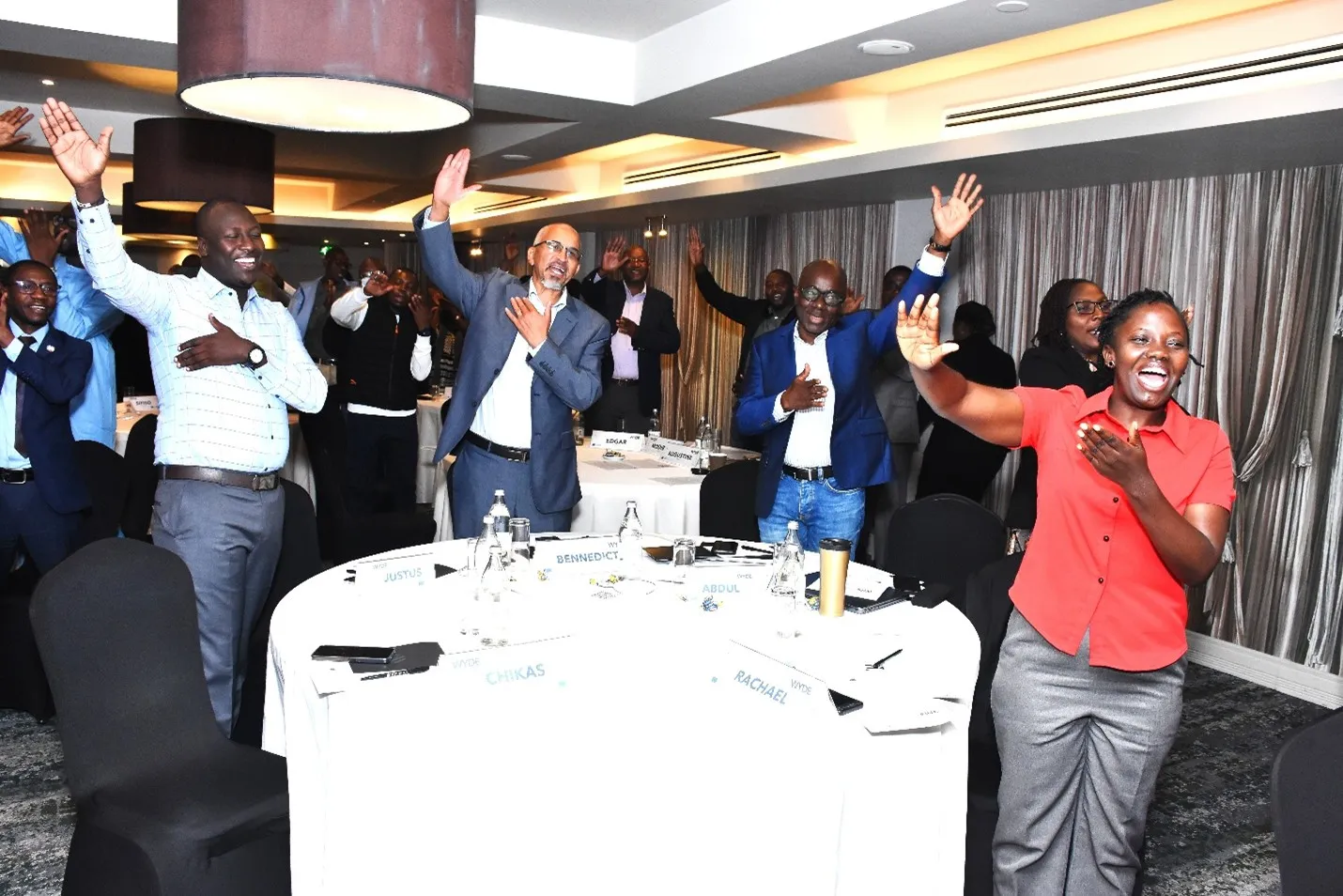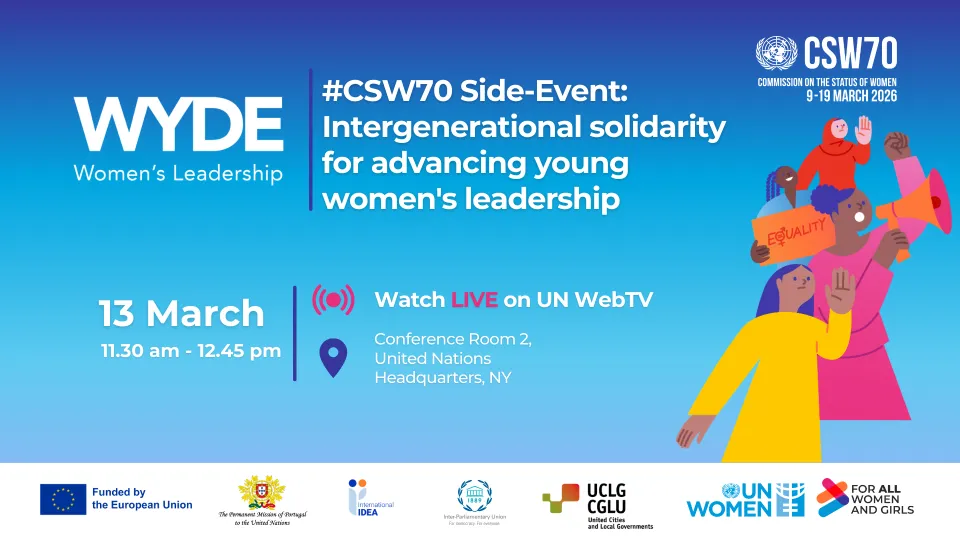Advancing gender equality and the transformation of social norms through male engagement

When men outnumber women in a room on gender equality, it challenges the norm. Too often, these discussions are left to women alone. Men's active involvement shows shared responsibility, while women contribute authenticity and life experiences. Together, they strengthen the dialogue and help #DebunkSocialNorms.
The recent dialogue on male engagement in gender equality, convened by International IDEA through the EU-funded Women and Youth Democratic Engagement (WYDE) Women’s Leadership Initiative, highlighted an urgent truth: gender equality is not just a women’s issue. Addressing social norms and barriers to women’s political participation requires dismantling patriarchal systems that silence women and youth. This transformation cannot happen without men as proactive, transformative allies, moving beyond silent sympathy to meaningful action.
True engagement means that men challenge harmful social norms and stereotypes, reshape institutions and leadership cultures, take responsibility, and hold one another accountable. They must create space for women’s leadership in families, communities, institutions, and political systems. Promoting transformative masculinities rooted in equality, respect, and dignity is essential for reimagining political life. Men are not only stakeholders but also beneficiaries of gender equality, as patriarchy harms men too, trapping them in rigid expectations that limit health, relationships, and freedom. Gender equality uplifts women while liberating men, enabling societies where all can thrive.
Kevin Casas-Zamora, Secretary-General of International IDEA, reinforced this message, stating, “Gender equality is not a women’s issue. It is a democratic imperative about fairness, inclusion, and better outcomes for everyone.” He highlighted the persistent underrepresentation of women in leadership, the damaging effects of patriarchal norms on both genders, and the urgent need for men to act as allies and agents of change. His call to participants was clear: turn dialogue into concrete action. (View the Secretary-General's full video message for the Dialogue for Male Engagement on Gender Equality and Transformative Social Norms, 21 August 2025, in Nairobi, Kenya.)
Framing gender equality solely as a “women’s issue” is misleading. Patriarchy harms men too, trapping them in rigid expectations that restrict health, relationships, and freedom. True gender equality uplifts women and liberates men, creating a society where everyone can thrive. Achieving gender equality requires a holistic approach, as patriarchal norms are reproduced across families, communities, economies, media, and political institutions. Only by addressing these interconnected systems can societies achieve inclusive, gender-equal democracies where everyone has the freedom to lead, participate, and thrive.
Globally, men continue to dominate political leadership, reflecting deeply entrenched patriarchal norms. According to the 2023 UNDP Gender Social Norms Index (GSNI), nearly half of the world believes men make better political leaders and only a third consider women’s equal rights essential to democracy.
In the family, gendered expectations often define women’s roles narrowly around caregiving and unpaid labor, while discouraging men from active participation in care and household responsibilities. In communities, traditions and cultural practices can reinforce unequal power dynamics, limiting women’s mobility, voice and opportunities. Traditional and religious male leaders often reinforce these biases. In the economy, structural inequalities are sustained by wage gaps, lack of access to resources, and the undervaluation of women’s contributions. The media plays a powerful role by shaping perceptions of leadership and success, often amplifying male voices while sidelining women’s achievements. Political parties, frequently led by men, act as powerful gatekeepers who decide which candidates are supported and which voices are heard.
Male engagement must extend into all of these spheres, dismantling harmful norms, promoting shared responsibility, and modeling equitable behavior. Only by addressing the interconnected systems that reproduce inequality can we achieve lasting change.
Overcoming these barriers requires more than legal frameworks or quotas. Inclusive democracy depends on cultural change across institutions, communities, and political spaces. Promoting transformative masculinities allows both women and men to lead, while dismantling norms that restrict participation and leadership. Despite persistent challenges, women continue to show resilience, leading communities, mobilizing support and advancing politically. Progress requires multi-level action: stronger legal frameworks, economic empowerment, recognition of invisible labor, media accountability, and genuine male allyship.
Therefore, #DebunkSocialNorms and #MenAsAllies must move beyond symbolic gestures, actively dismantling patriarchal structures to build a #DemocracyForAll that reflects the voices and capacities of everyone.




